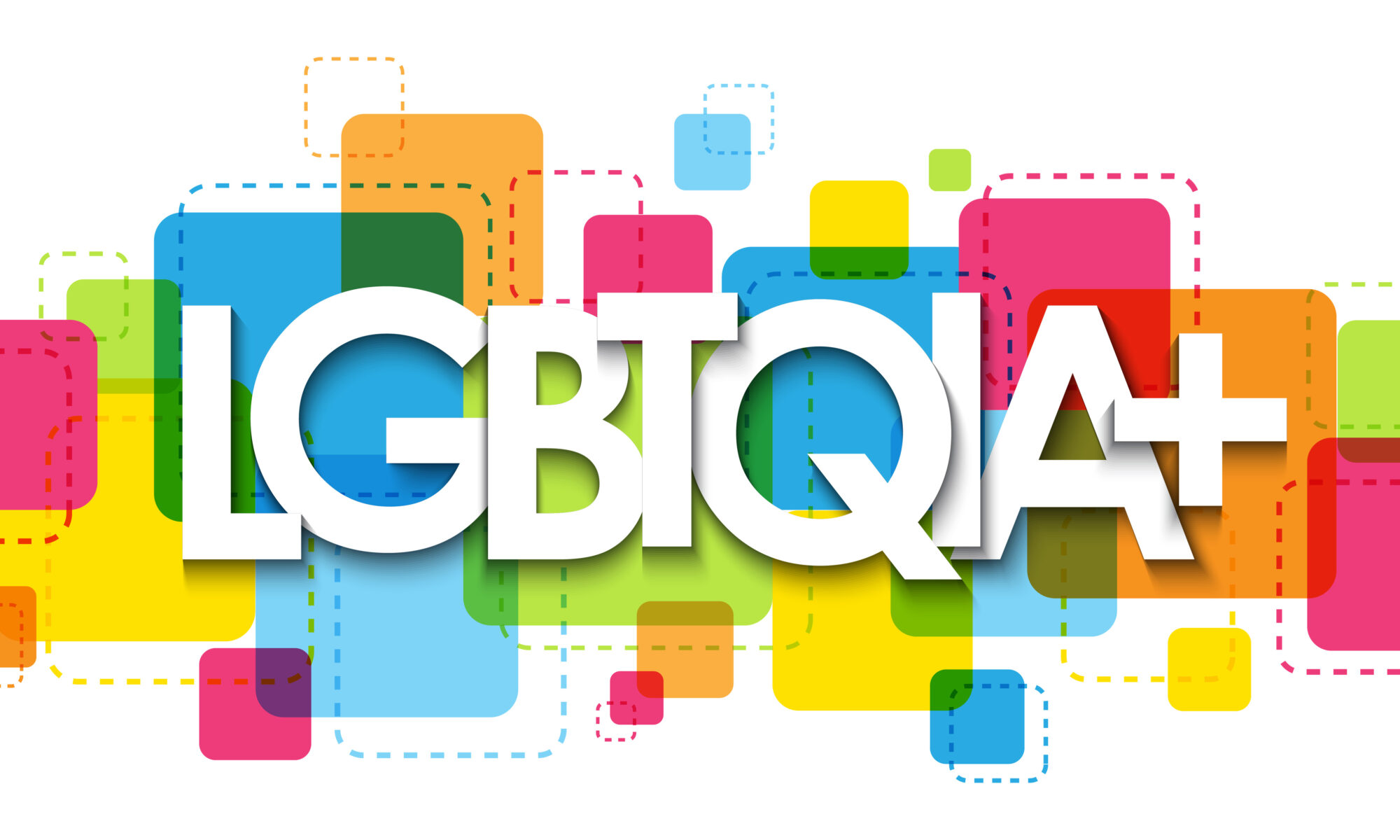A jury awarded a St. Louis County police officer nearly $20 million in a sexual orientation discrimination case. The plaintiff, Sergeant Keith Wildhaber, alleged that the police department repeatedly passed him over for promotions due to his sexual orientation and retaliated against him for filing a discrimination complaint.
The Case:
Wildhaber claimed that over a six-year period, he was denied 23 promotions. With more than 15 years of experience, a clean record, and strong performance reviews, he consistently ranked among the top candidates for promotions.
Additionally, Wildhaber asserted that a member of the Board of Police Commissioners told him he would need to “tone down [his] gayness” if he wanted to be promoted to lieutenant. This board member denied that the conversation ever occurred.
Wildhaber filed a discrimination complaint in April 2016. Shortly after filing the complaint, the department transferred him from a day shift at a precinct close to his home to an overnight shift at a precinct 27 miles away. Consequently, he filed a second complaint that included a charge of retaliation.
In the lawsuit, Wildhaber claimed that the department denied him promotions because his behavior and presentation did not conform to stereotypical ideas of how a male should behave. He further argued that the transfer to the night shift in a distant precinct was retaliation for filing a discrimination complaint. The St. Louis County Police Chief contended that Wildhaber’s sexual orientation was not a factor in the department’s decisions regarding his promotions. During the trial, Wildhaber’s attorneys called witnesses who described a pattern of homophobia within the police department.
The Verdict:
On the sexual orientation discrimination claim, the jury found in favor of Wildhaber and awarded him:
- $1,980,000 in actual damages
- $10,000,000 in punitive damages
On the retaliation claim, the jury also found in favor of Wildhaber and awarded him:
- $990,000 in actual damages
- $7,000,000 in punitive damages
After the verdict, the jury foreperson stated that the jury wanted their decision to “send a message” that “[i]f you discriminate, you are going to pay a big price.” The $17 million in punitive damages is significant and may be subject to an appeal.
Sexual Orientation Discrimination as Sex Discrimination under Title VII
Although this is a state case, it represents the ongoing discussion about whether Title VII of the Civil Rights Act of 1964 and related state laws prohibit discrimination based on sexual orientation. Title VII states that it is an “unlawful employment practice for an employer … to discriminate against any individual with respect to [their] compensation, terms, conditions, or privileges of employment based on race, color, religion, sex, or national origin.”
The Supreme Court established that Title VII includes a prohibition on discrimination based on nonconformity to stereotypes of one’s assigned sex in its 1989 decision in Price Waterhouse v. Hopkins. The Court stated, “we are beyond the day when an employer could evaluate employees by assuming or insisting that they matched the stereotype associated with their group.” (490 U.S. 228, 1989).
As the Sixth Circuit explained in Smith v. City of Salem, “an employer who discriminates against women because, for instance, they do not wear dresses or makeup, is engaging in sex discrimination because the discrimination would not occur but for the victim’s sex” (378 F.3d 566, 574, 2004). This reasoning can apply to individuals in the LGBTQ community since discrimination based on nonconformity to stereotypical, heterosexual norms is inherently linked to a person’s sex.
On June 15, 2020, the U.S. Supreme Court held in Bostock v. Clayton County that Title VII’s protections extend to the LGBTQ community.
Retaliation is Prohibited under Title VII
Under Title VII, it is illegal for an employer to take adverse actions against an employee because that employee engaged in a protected activity. Protected activities include filing a complaint or opposing unlawful employment practices as outlined in Title VII.
If you believe you have been discriminated against or retaliated against due to your sexual orientation, consider the following questions:
- Were you treated unfavorably despite good performance at work?
- Were individuals of different sexual orientations or gender identities favored for promotions compared to you?
- Does your gender identity or sexual orientation deviate from societal stereotypes of your assigned sex?
- Did you report mistreatment by your employer or file a lawsuit against them, after which you experienced further discrimination or unfavorable treatment?
Like this:
Like Loading...




